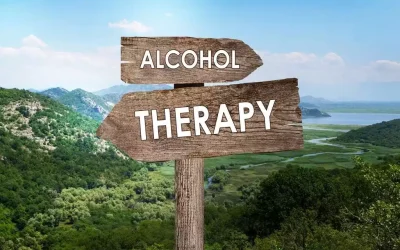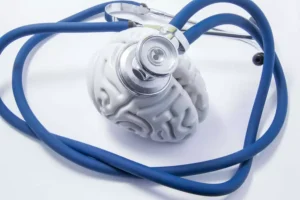One reason those numbers aren’t lower is that cocaine is very addictive. Many people have completely wrong ideas about addiction, which can impede addicts from getting treatment and sustaining recovery. Identify other factors in your life—relationships, work—that can help take the focus off addictive behaviors. Neuroscientist Adi Jaffe, Ph.D., who himself recovered from addiction, outlines five steps.
Cocaine Recovery Challenges and How to Beat Cocaine Addiction
“NAS” is the term for the symptoms a newborn may develop due to withdrawal when they stop receiving the substance after birth. LifeRing is a secular recovery organization that aims to help people share practical experiences and access sobriety support. Below are some addiction support groups that may be helpful for people with cocaine addiction.
How to Overcome Cocaine Addiction: Practical Tips for Success
The first step towards overcoming cocaine addiction is recognizing the need for group therapy ideas for addiction change. It may involve acknowledging the negative consequences of addiction and the impact it has on relationships, health, and overall well-being. In conclusion, cocaine addiction is a complex disorder involving physiological and psychological components.
- Relapse carries an increased risk of overdose if a person uses as much of the drug as they did before quitting.
- Some people who are trying to stop using cocaine may experience better outcomes from inpatient rehabilitation, especially because cocaine cravings can be intense during withdrawal, and relapse is common.
- Many people believe that they are powerless to change their own addictive behavior, and often it is a belief that keeps people addicted.
- You have finally realized the bad effects of cocaine and how it’s starting to negatively affect your life.
Can I Get Off Cocaine With Professional Help?
Over time, reward circuits regain sensitivity to respond to normal pleasures and to motivate pursuit of everyday activities. Areas of executive function regain capacity for impulse control, self-regulation, and decision-making. There are no lab tests that define recovery and no universally agreed-on definition of recovery. For many experts, the key components of addictive disorder are compulsive drug use that continues despite detrimental consequences, and the development of cravings with the inability to control use.
Even though it can be a challenge, the benefits of overcoming addiction far outweigh any perceived benefits of continuing substance use. The journey to recovery from cocaine addiction is a multifaceted process that requires commitment, self-reflection, and support. By recognizing the need for change and mentally, emotionally, and physically preparing oneself, individuals can embark on a healthier and more fulfilling life. Other research pinpoints the values of cognitive behavioral therapy for relapse prevention, as it helps people change negative thinking patterns and develop good coping skills.
Some people who are trying to stop using cocaine may experience better outcomes from inpatient rehabilitation, especially because cocaine cravings can be intense during withdrawal, and relapse is common. When a person is addicted to cocaine, they may begin to use it ideas for substance abuse groups with methods that produce a more intense effect—such as smoking or injecting the drug instead of snorting it. Sometimes an intense effect is achieved by using more powerful forms of the drug, such as crack, or using other drugs in addition to cocaine. Symptoms of cocaine withdrawal include depression, excessive sleep, increased hunger, and a general sense of unease.
Surrounding yourself with individuals who understand what is mary jane drug and support your journey towards sobriety can provide the encouragement and accountability needed to overcome addiction. Overcoming cocaine addiction is a journey that requires dedication, perseverance, and a strong support network. While the road to recovery may be challenging, there are practical tips that can help individuals on their path to sobriety.
The FHE Health team is committed to providing accurate information that adheres to the highest standards of writing. If one of our articles is marked with a ‘reviewed for accuracy and expertise’ badge, it indicates that one or more members of our team of doctors and clinicians have reviewed the article further to ensure accuracy. This is part of our ongoing commitment to ensure FHE Health is trusted as a leader in mental health and addiction care. First, identify the triggers and then learn what works to effectively deal with them. There has been increasing interest in studying psychedelic and meditation-based interventions in recent years, for mental health issues and as tools for understanding the mind. Researchers have studied the experiences of many people who have recovered from substance use and identified key features of the recovery process.
When individuals recognize the need for change, they often experience a mix of emotions. They may feel a sense of relief that they are finally acknowledging the problem and taking steps towards recovery. At the same time, they may also feel fear and uncertainty about what lies ahead.



